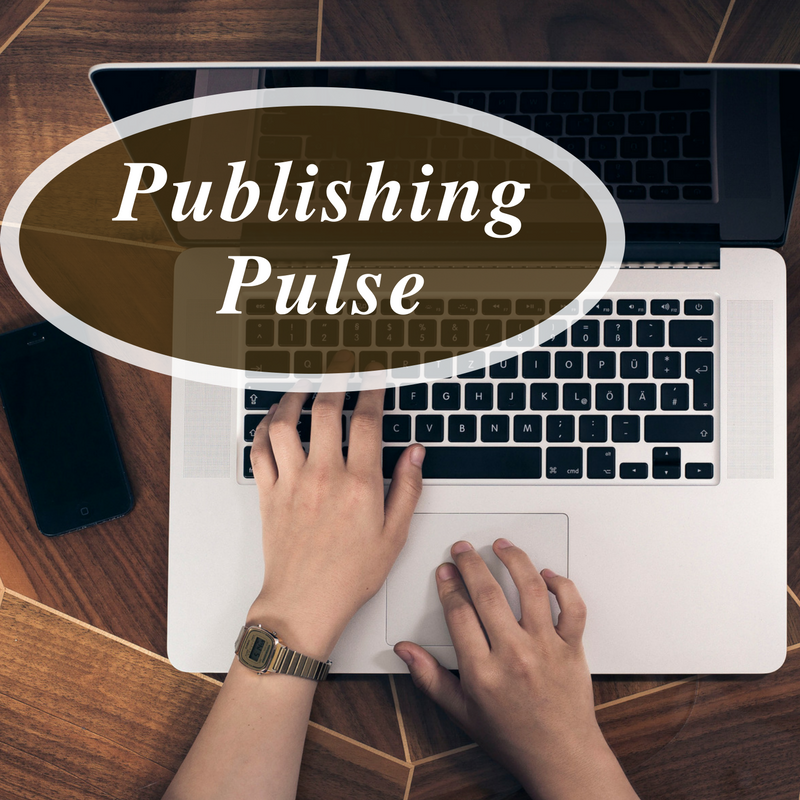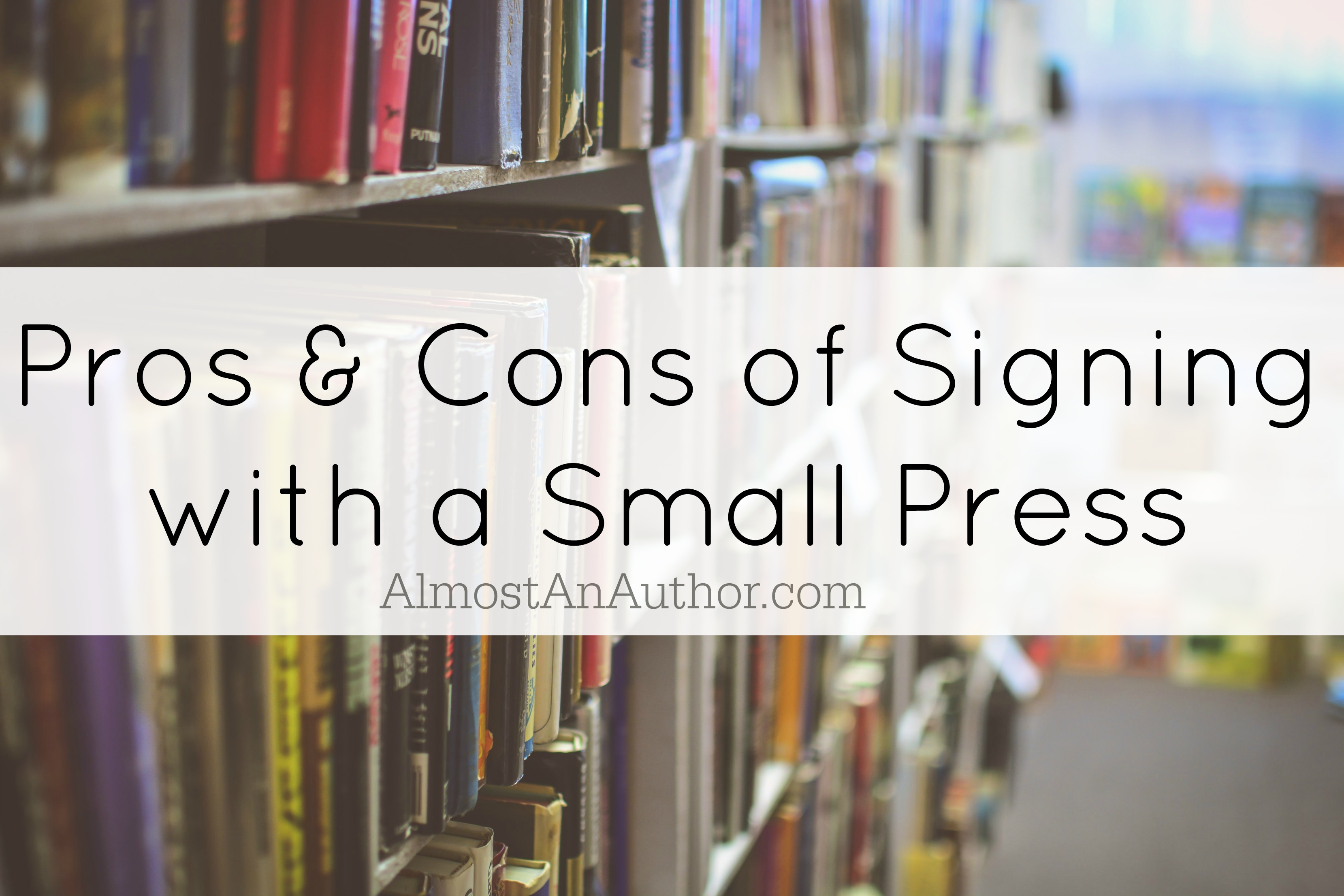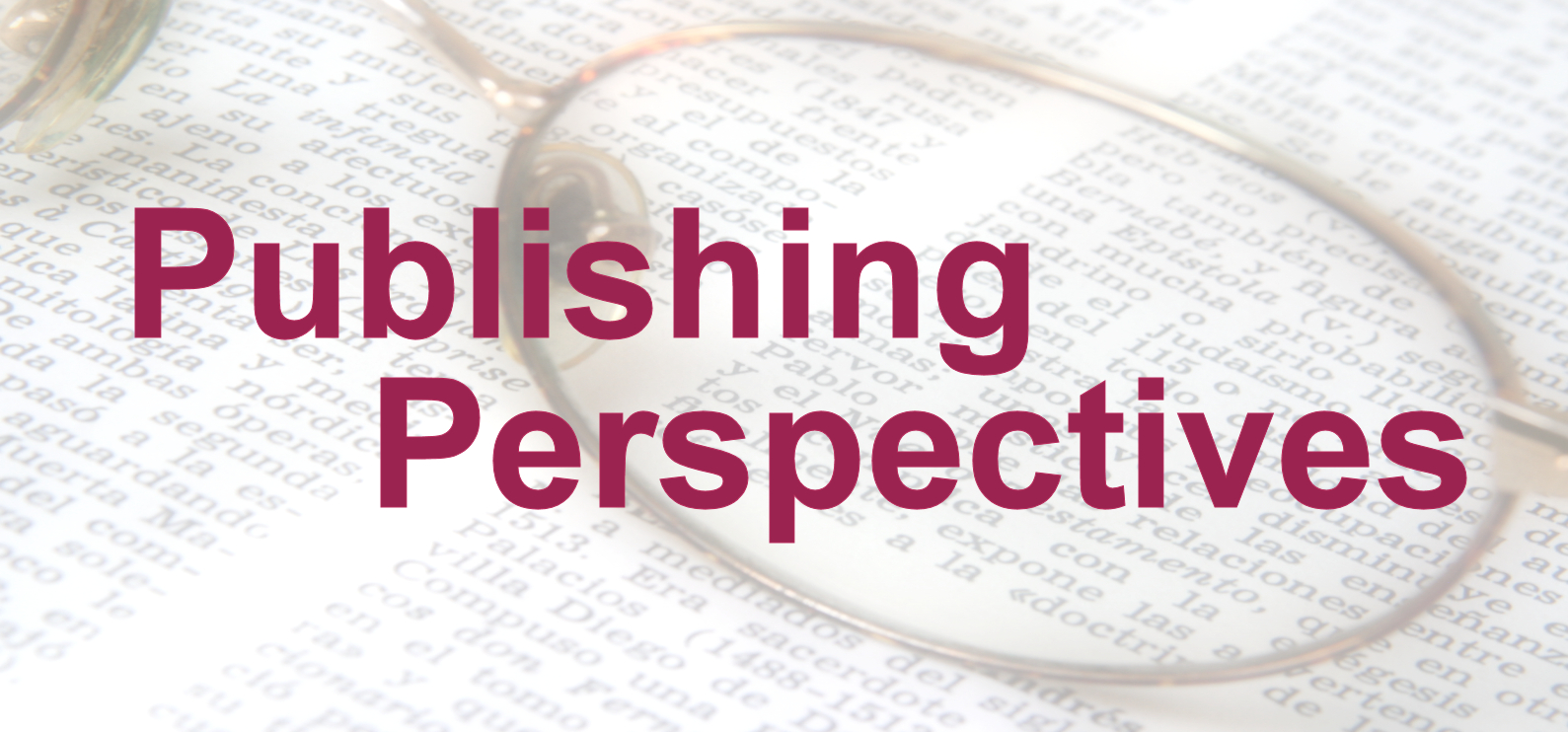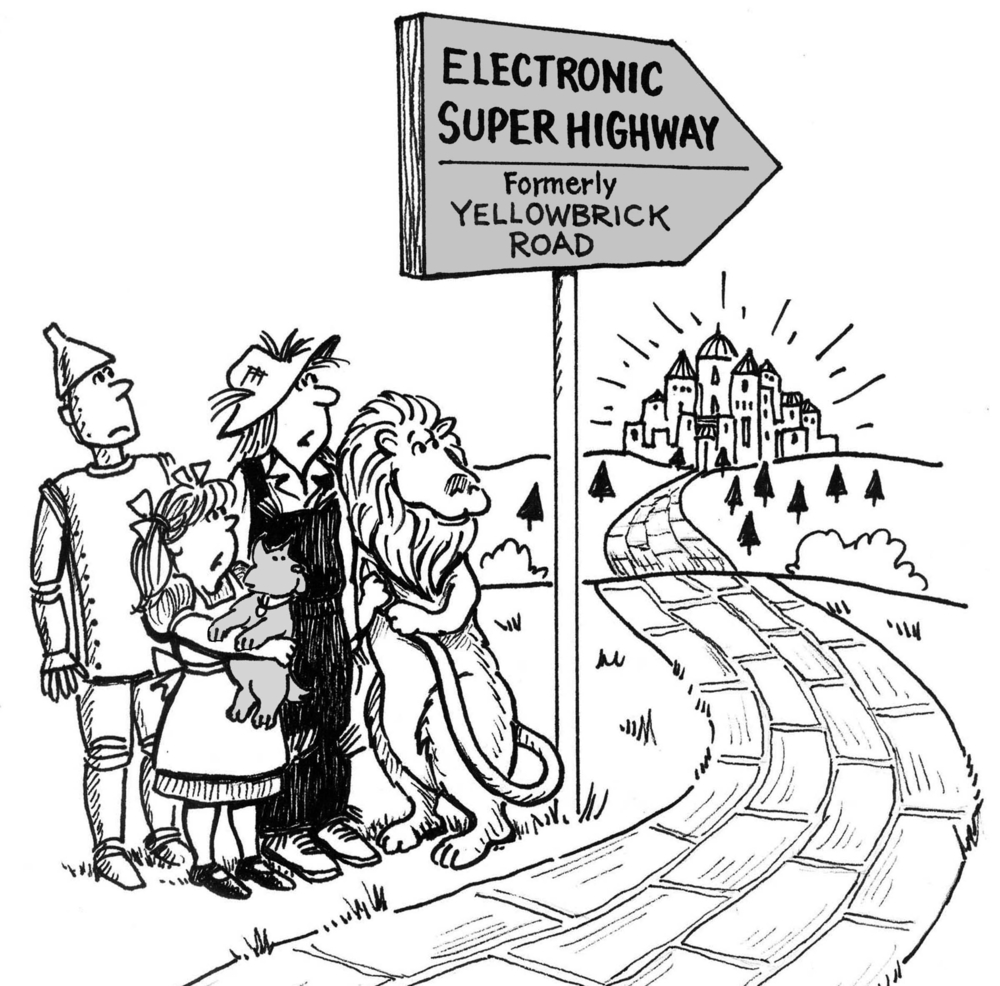
Publishing Perspectives
How Many Pairs of Eyes Are on Your Book?
I recently finished making wording changes on a self-published book that had already been typeset and printed — or…
September 12, 2018
I recently finished making wording changes on a self-published book that had already been typeset and printed — or…
September 12, 2018
I was sixteen when I attended my first writing conference. My goal wasn’t to find a publisher; in fact,…
September 9, 2016
The world of book publishing has been changing rapidly for a few years, and lots of vocabulary is changing…
September 23, 2015
‘You have plenty of courage, I am sure,” answered Oz. “All you need is confidence in yourself. There is…
August 9, 2015